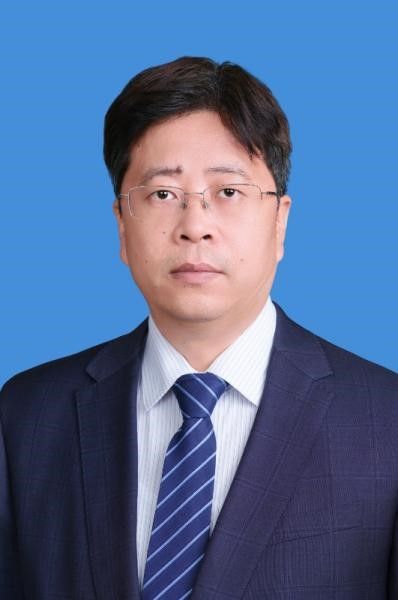Prof. Wei Zhan Yong, born in August 1975, a native of Anyang, Henan Province, CPC member, Second-level Professor, PhD Supervisor, and National "Ten Thousand Talents Program" Leading Talent in Scientific and Technological Innovation. Currently serves as Dean of the College of Veterinary Medicine at Henan Agricultural University.
He graduated from Henan Agricultural University with a bachelor’s degree in Animal Husbandry and Veterinary Medicine in 1998; obtained a master’s degree in Preventive Veterinary Medicine from Inner Mongolia Agricultural University in 2001; and earned a PhD in Clinical Veterinary Medicine from Nanjing Agricultural University in 2004. Since 2004, he has successively held positions including Research Secretary, Deputy Dean (in charge of scientific research) of the College of Veterinary Medicine, Deputy Director of the Longhu Modern Immunology Laboratory, Director of the Key Laboratory of Animal Pathogens and Biosafety (Ministry of Education), and Executive President of Henan Agricultural University’s Xuchang Campus. He has received honorary titles such as "Henan Province High-Level Talent (Category B)" and "Henan Province Outstanding Expert." In 2019, he was recognized as a "Leading Talent in Scientific and Technological Innovation (Young and Middle-aged)" by the Ministry of Science and Technology and a "National 'Ten Thousand Talents Program' Leading Talent in Scientific and Technological Innovation."
Professor Wei Zhan Yong focuses on research related to the prevention and control of major viral swine diseases. He has presided over 17 national/provincial-level projects, including Key Programs and General Programs of the National Natural Science Foundation of China, and the Major Scientific and Technological Special Project of Henan Province. As the corresponding author, he has published over 180 academic papers in renowned domestic and international journals such as ACS Nano, Microbiome, and Journal of Virology. He has won 5 provincial/ministerial-level science and technology awards, formulated 7 national/industrial standards and 17 local standards, obtained 3 new veterinary drug certificates, and been granted 25 authorized national invention patents.
Over the past three years, he has made significant progress in researching the epidemiological evolution patterns of porcine enteric coronaviruses, cross-species transmission mechanisms, and the development of novel vaccines. The key technologies for biosafety prevention and control in large-scale pig farms, which he led to develop and demonstrate, have been applied in 38 of China’s top 50 pig farming enterprises, including Muyuan and Wen’s Group. These technologies have generated cumulative economic benefits of 19.703 billion yuan over the past three years, providing scientific support for ensuring green pig farming and advancing disease purification. They have also notably enhanced the comprehensive capacity of large-scale pig farms in China for animal disease prevention and control. Additionally, his work has helped enterprises such as Muyuan Group, Lizhitian Agricultural Technology Co., Ltd., and Yangguang Rabbit Industry become leading players in the industry.
He took the lead in applying for the establishment of the Key Laboratory of Animal Pathogens and Biosafety (Ministry of Education) and the Animal Biosafety Level 3 Laboratory of Henan Agricultural University (the first large-animal ABSL-3 laboratory among Chinese universities), actively building national strategic scientific and technological strength in the veterinary field. This has strongly supported the healthy development of China’s animal husbandry and public health security.



